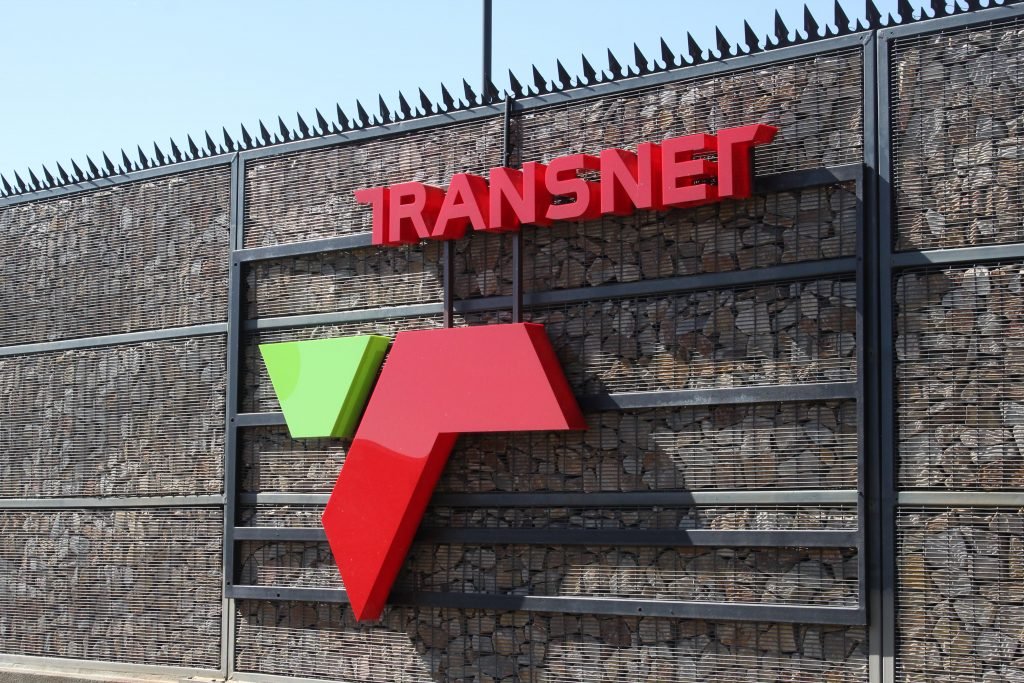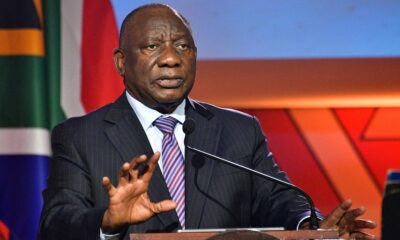Business
“Don’t Blame the Workers”: FEDUSA Claps Back at BLSA Over Transnet Wage Deal

Union says business elites are scapegoating workers to dodge accountability for Transnet’s collapse
In a scathing rebuttal that cuts to the heart of South Africa’s economic inequalities, the Federation of Unions of South Africa (FEDUSA) has accused Business Leadership South Africa (BLSA) of launching a “reckless and dishonest attack” on workers following criticism of a wage agreement at Transnet.
The fallout stems from comments made by BLSA chairperson Busisiwe Mavuso, who described the three-year wage agreement between Transnet and recognised unions as a “leadership failure.” But FEDUSA isn’t having it. They say workers are being blamed for failures that were years in the making—failures rooted in corruption, mismanagement, and a business community that has been more passive than progressive.
The Wage Deal That Sparked a War of Words
The agreement at the centre of the storm offers Transnet employees a 6% wage increase annually over the next three years an 18% bump in total. It was brokered between Transnet and the United National Transport Union (UNTU) and the South African Transport and Allied Workers Union (SATAWU), without a single day of strike action.
FEDUSA argues this wasn’t a reckless giveaway—it was a lawful, fair, and necessary deal. Workers, they said, were simply refusing below-inflation offers that would have locked them into “poverty wages” amid a cost-of-living crisis.
“This was a hard-won agreement reached through formal channels, including the Commission for Conciliation, Mediation and Arbitration (CCMA). There was no chaos, no disruption. Just dignity, negotiation, and compromise,” a FEDUSA spokesperson said.
BLSA’s Narrative: Convenient Scapegoating?
According to FEDUSA, BLSA’s outrage is misplaced—and politically convenient.
“It’s not the wage increases that are sinking Transnet,” the union said. “It’s executive corruption, poor governance, and a refusal from the private sector to invest in inclusive, job-rich growth. Let’s stop pretending otherwise.”
They argue that Mavuso’s comments reflect a broader pattern of business leaders deflecting blame for systemic issues onto workers and unions an old trick in South Africa’s playbook, especially during economic downturns.
Social media seemed to echo the sentiment. On X (formerly Twitter), one user posted, “When business fails, they blame the workers. When government fails, they blame the workers. When the economy tanks—guess who they blame again?” The post racked up thousands of likes and retweets, reflecting deep fatigue with elite finger-pointing.
What’s Really at Stake Here
This isn’t just a spat over a wage increase, it’s about who gets to shape South Africa’s economic narrative.
FEDUSA is pushing back hard against what it calls “anti-worker propaganda,” saying that collective bargaining is being vilified because it threatens the status quo of wealth and power concentration. Their warning was clear: “Workers will not be silenced, scapegoated, or sacrificed.”
Meanwhile, Transnet expressed satisfaction with the agreement, noting it brings “labour stability” and allows the company to now focus on urgent priorities like operational efficiency and financial recovery.
This public clash spotlights a much deeper crisis in South Africa—one where trust in institutions is fraying and the economic pie remains unevenly sliced. Transnet, once the backbone of logistics in the country, has become a symbol of everything that’s gone wrong with state-owned enterprises: from corrupt tenders to paralyzed ports.
But as the country tries to find its economic footing again, the question remains will business and labour continue to clash, or can they build something that actually works for all South Africans?
For now, the message from FEDUSA is loud and clear: don’t blame the workers for a system they didn’t break.
{Source: MSN}
Follow Joburg ETC on Facebook, Twitter , TikTok and Instagram
For more News in Johannesburg, visit joburgetc.com



























